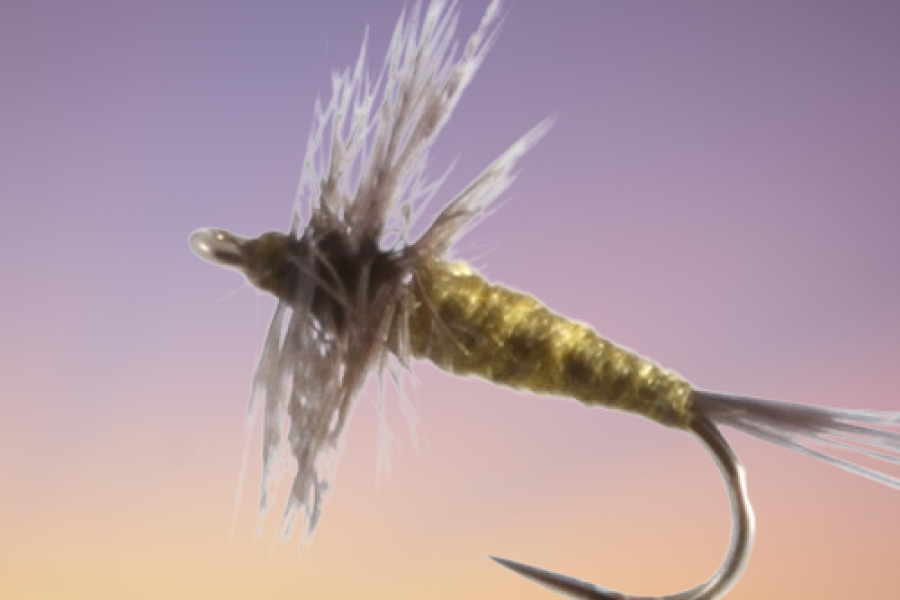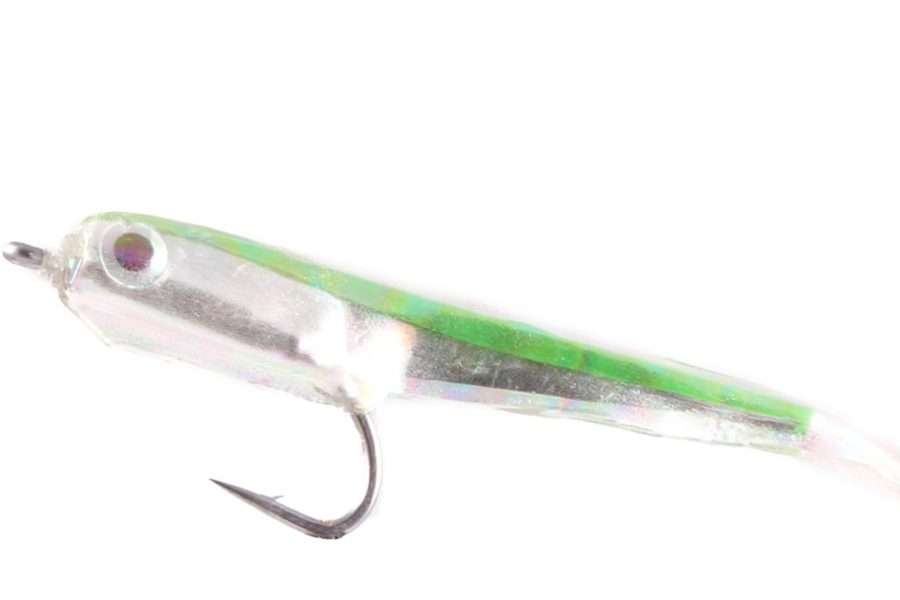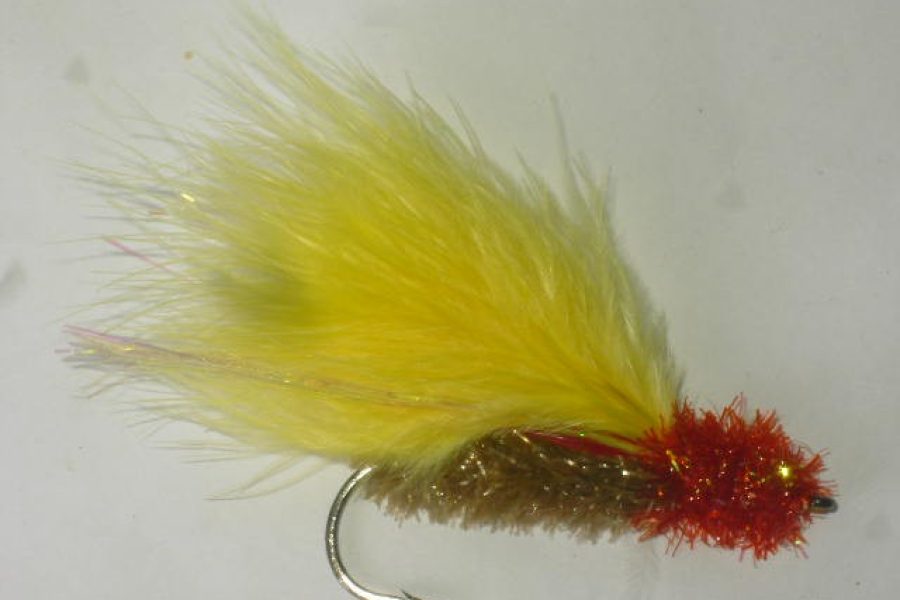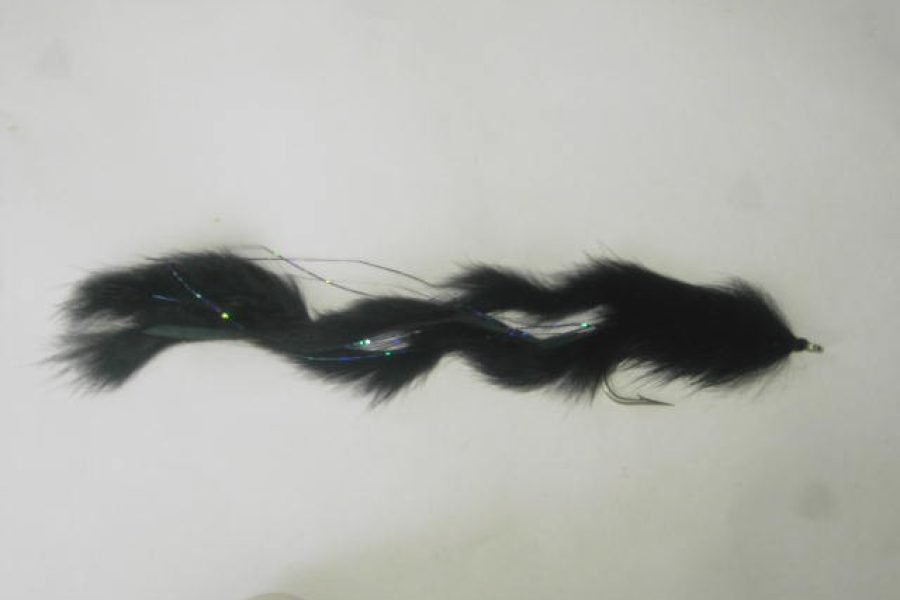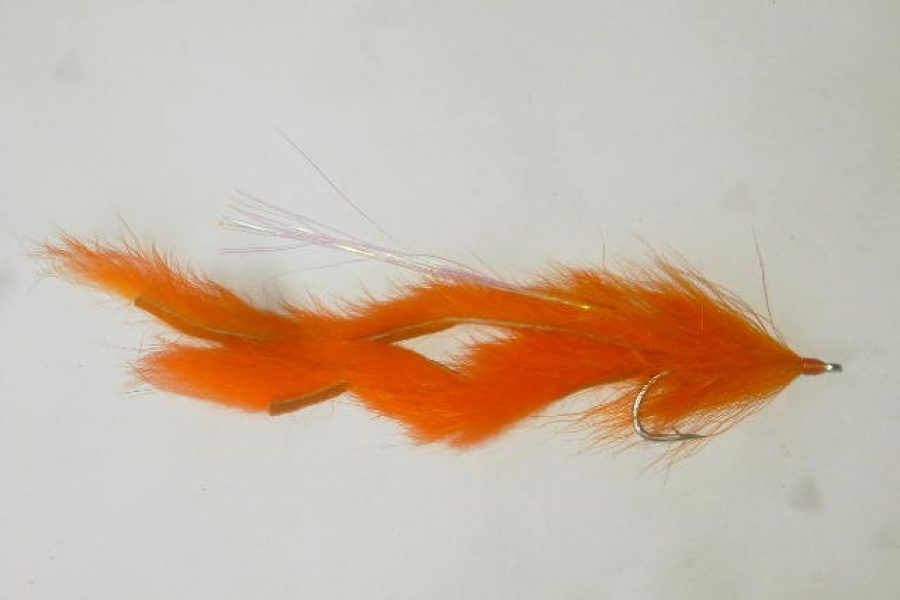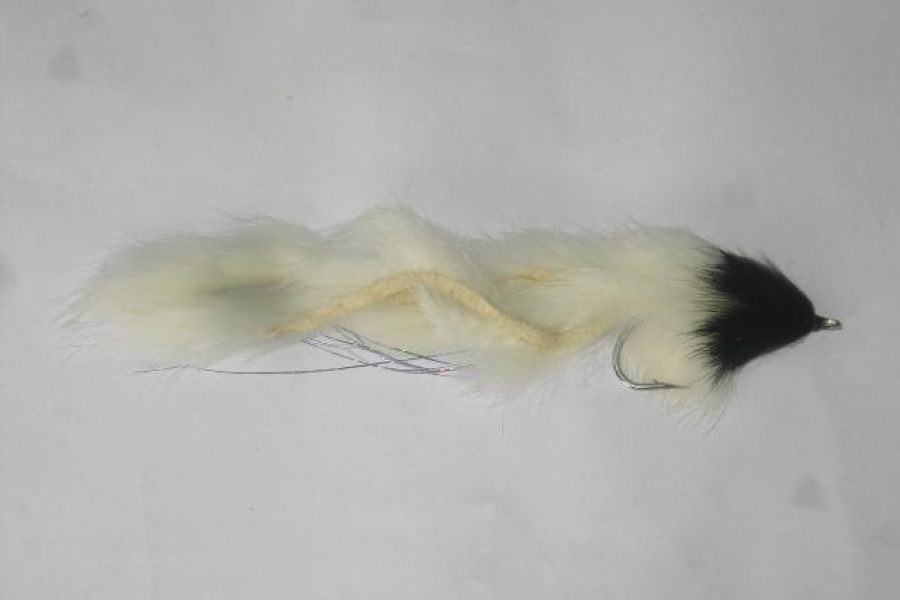Description
The Pink Whistler Pike Fly represents an innovative predator pattern that combines vibrant pink coloration with the classic Whistler-style design. This sophisticated pattern merges high visibility with proven Whistler construction to create an exceptionally effective pattern for pike fishing.
Design Philosophy and Innovation The pattern’s design reflects deep understanding of:
- Color attraction
- Whistler mechanics
- Material selection
- Movement dynamics
- Strike triggering
Premium Materials and Construction Traditional Materials:
- Quality predator hooks
- Pink materials
- Mixed synthetics
- Strong thread
- Durable finish
Modern Adaptations:
- Enhanced visibility
- Advanced techniques
- Specialized materials
- Strategic flash
- Movement enhancement
Technical Specifications
Hook Configuration:
- Style: Strong predator
- Size: 4/0-6/0
- Strength: Heavy wire
- Finish: Black nickel
- Point: Extra sharp
Body Construction:
- Thread: Strong
- Body: Whistler style
- Materials: Pink synthetics
- Profile: Classic
- Action: Dynamic
Fishing Applications
Water Types:
- Lakes and reservoirs
- Rivers and streams
- Estuaries
- Deep channels
- Various conditions
Seasonal Effectiveness:
Spring:
- Post-spawn period
- Warming waters
- Active feeding
- Variable depths
- Multiple presentations
Summer:
- Peak season
- Early/late fishing
- Structure fishing
- Technical approaches
- Deep running
Fall:
- Feeding frenzy
- Changed water
- Aggressive takes
- Multiple depths
- Various speeds
Advanced Fishing Methods
Presentation Techniques:
- Strip Retrieve
- Fast strips
- Speed variation
- Depth control
- Line management
- Angle adjustments
- Modern Adaptations
- Figure-eight
- Pause-and-go
- Dead drift
- Sink and draw
- Multiple depths
Water Reading and Strategy
Key Factors:
- Structure location
- Depth changes
- Weed edges
- Temperature
- Light conditions
Strategic Approaches:
- Entry point selection
- Coverage patterns
- Structure fishing
- Depth control
- Speed adjustment
Environmental Adaptations
Light Conditions:
- Bright sunshine
- Overcast days
- Early morning
- Evening light
- Low light effectiveness
Water Clarity:
- Crystal clear
- Slightly colored
- Stained water
- Post-rain
- Variable visibility
Modern Variations
Size Adaptations:
- Standard sizes
- Scaled versions
- Custom ties
- Situation-specific
- Water-matched
Pattern Variations:
- Traditional style
- Modern materials
- Hybrid designs
- Color adaptations
- Seasonal options
Technical Considerations
Leader Setup:
- Wire trace required
- Breaking strength
- Knot choice
- System balance
- Bite protection
Equipment Matching:
- Rod weight (9-11wt)
- Line type
- Leader design
- Wire selection
- Terminal tackle
Conservation and Durability
Material Selection:
- Environmental impact
- Longevity factors
- Strength requirements
- Replacement needs
- Storage considerations
Maintenance:
- Post-use care
- Storage methods
- Repair techniques
- Material preservation
- Long-term durability
Advanced Applications
Specialized Techniques:
- Structure fishing
- Weed edge presentation
- Cover approaches
- Deep water tactics
- Line control
Tactical Adaptations:
- Weather conditions
- Water levels
- Fish behavior
- Seasonal changes
- Time of day
Pattern Benefits
Design Advantages:
- High visibility
- Whistler profile
- Better tracking
- Strike triggering
- Modern effectiveness
Performance Benefits:
- Consistent results
- Natural movement
- Predator attraction
- Energy efficiency
- Versatile fishing
Advanced Water Reading
Structure Analysis:
- Weed bed location
- Depth transitions
- Drop-offs
- Temperature breaks
- Holding areas
Strategic Planning:
- Coverage efficiency
- Presentation angles
- Rest periods
- Pattern rotation
- Time management
Seasonal Applications
Spring Tactics:
- Post-spawn techniques
- Warming water methods
- Early season approaches
- Fish behavior patterns
- Energy conservation
Summer Strategies:
- Structure presentations
- Light penetration factors
- Temperature considerations
- Feeding patterns
- Time of day
Fall Methods:
- Pre-winter behavior
- Water temperature changes
- Migration patterns
- Aggressive triggers
- Weather influences
Predator Fishing Heritage
Pattern Origins:
- Whistler evolution
- Traditional methods
- Modern adaptation
- Local knowledge
- Proven effectiveness
Cultural Impact:
- Predator fishing tradition
- Pattern development
- Modern influence
- Global adoption
- Contemporary use
Advanced Rigging Techniques
Leader Considerations:
- Wire trace length
- Material selection
- Knot placement
- Strength balance
- Action enhancement
Setup Variations:
- Deep presentation
- Surface fishing
- Mid-water column
- Structure adaptation
- Depth control
Specialized Fishing Scenarios
Water Types:
- Large lakes
- River systems
- Deep channels
- Structure areas
- Weed edges
Light Conditions:
- Dawn periods
- Dusk fishing
- Bright days
- Overcast skies
- Low light adaptation
Future Developments
Emerging Trends:
- New materials
- Design refinements
- Tying techniques
- Fishing methods
- Pattern variations
Innovation Areas:
- Material technology
- Construction methods
- Presentation techniques
- Environmental considerations
- Performance enhancement
The Pink Whistler Pike Fly represents the perfect fusion of classic Whistler design and modern innovation. Its sophisticated engineering incorporates vibrant pink coloration with strategic material selection, creating a pattern that consistently produces results with predatory pike. Whether targeting pike in lakes, rivers, or reservoirs, this pattern delivers exceptional performance through its carefully calculated design elements and versatile presentation capabilities.

